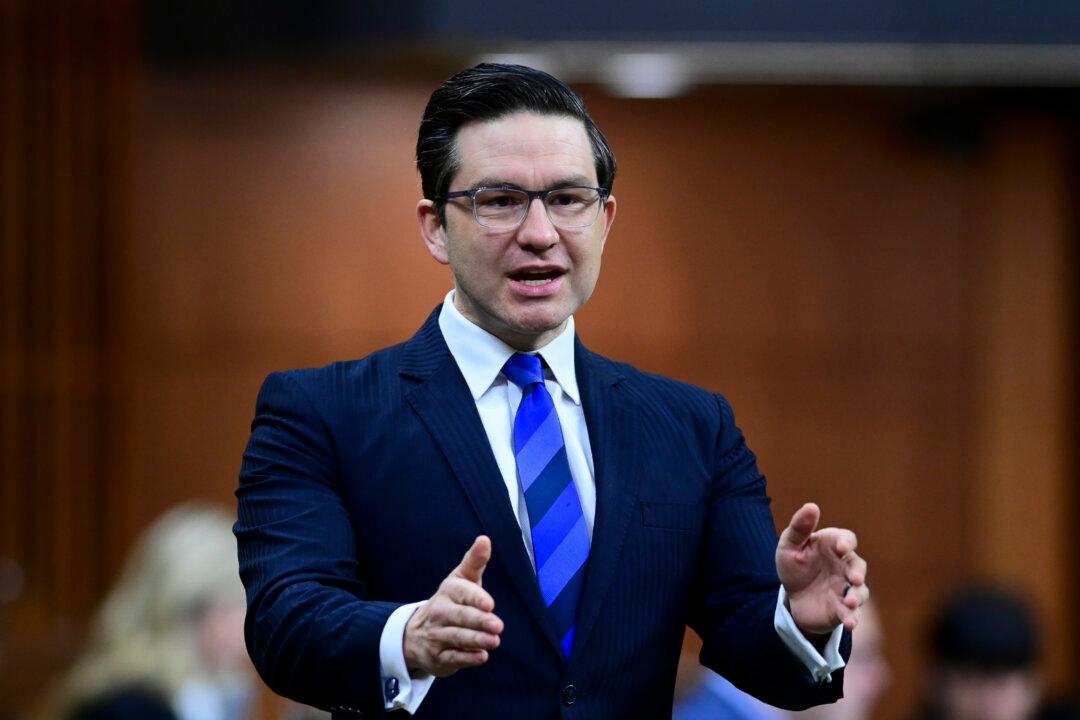Conservative MP and leadership candidate Pierre Poilievre vows to end imports of overseas oil within five years if elected prime minister.
During a campaign stop on Friday in Saint John, N.B., Poilievre said he will do so by banning imports from “polluting dictatorships,” doubling Newfoundland and Labrador’s oil production, and supporting projects that move western Canadian oil to eastern Canadian markets.





